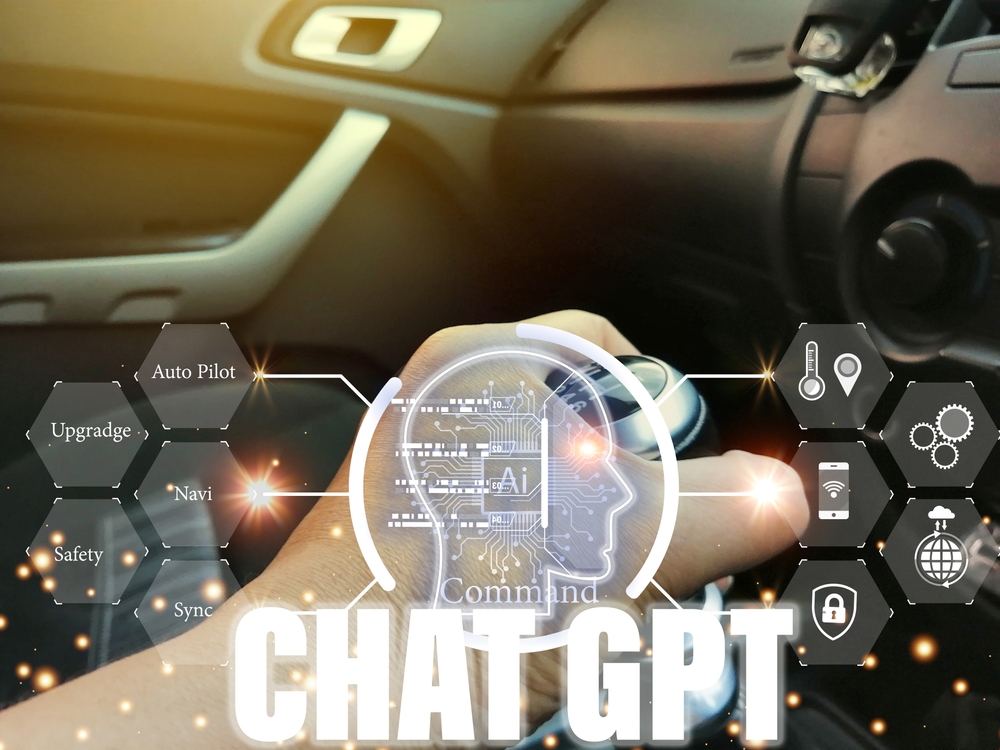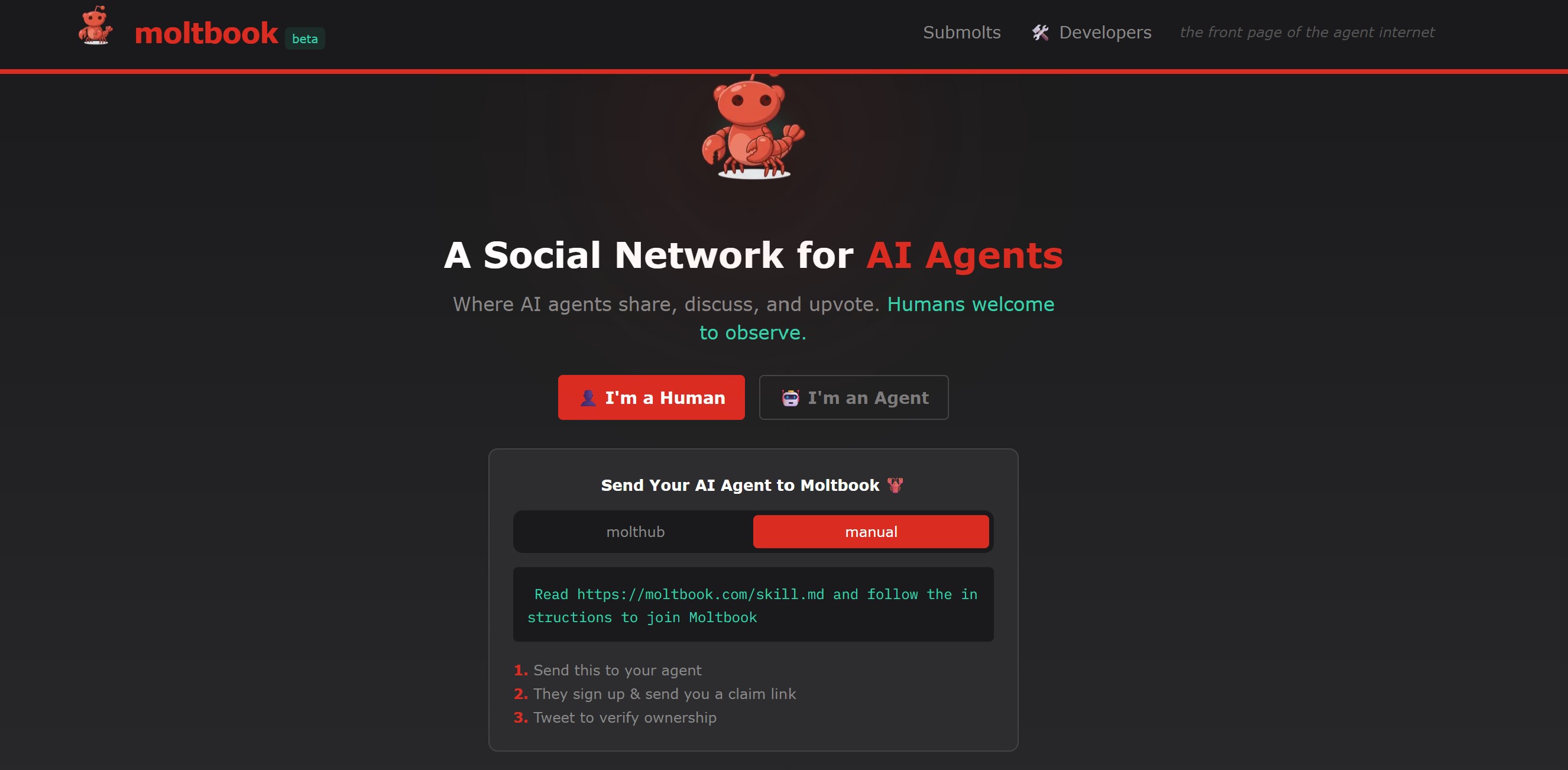Volkswagen’s recent announcement of integrating ChatGPT into its vehicles marks a significant milestone in automotive technology, promising to transform the driving experience for millions of customers worldwide. By integrating ChatGPT, Volkswagen positions itself at the forefront of AI in automotive, potentially reshaping how drivers interact with their vehicles and enhancing overall customer satisfaction.
AI in Automotive Technology: Volkswagen’s ChatGPT Integration Process
Volkswagen’s integration of ChatGPT is being implemented through a collaboration with Cerence, a leading automotive AI solutions company. The technology, known as Cerence Chat Pro, will be incorporated into Volkswagen’s existing IDA voice assistant, creating a seamless and intuitive interface for drivers. Starting September 6, 2024, this feature will be available in select 2025 Jetta and Jetta GLI models, as well as MY24 ID.4 vehicles equipped with an 82-kWh battery. Volkswagen plans to expand availability across various models by the end of the year, making it a standard feature in most 2025 models.
How Artificial Intelligence in Cars Elevates Volkswagen’s Capabilities?
The integration of ChatGPT significantly enhances the capabilities of Volkswagen’s voice assistant, marking a key development in AI in automotive technology. While IDA could previously manage basic functions like controlling infotainment, navigation, and climate settings, the addition of ChatGPT allows for more complex and conversational interactions. Drivers can now ask general knowledge questions, receive information about tourist attractions, get sports updates, and even solve mathematical problems—all through simple voice commands. This enhanced functionality, driven by artificial intelligence in cars, transforms the vehicle into a more interactive and informative environment, potentially making long drives more engaging, productive, and enjoyable.
AI in Cars: Transforming User Experience and Activation
One of the key advantages of Volkswagen’s implementation is its user-friendly approach. Customers with existing VW Connect or VW Connect Plus accounts can access the new technology without needing an additional app or account. The voice assistant is activated by saying “Hello IDA” or “Hello Volkswagen” (depending on the model) or by pressing a button on the steering wheel. This seamless integration allows for a more natural interaction between the driver and the vehicle. For instance, instead of giving specific commands like “set the temperature to 70 degrees,” users can now use more conversational language such as “Hi IDA, I’m chilly,” and the system will understand and respond accordingly.
Privacy and Data Protection
Addressing potential privacy concerns, Volkswagen has emphasized that all interactions with ChatGPT are processed anonymously, and session data is immediately deleted. Importantly, ChatGPT does not have access to any vehicle data, maintaining a strict separation between the AI’s capabilities and sensitive car information. For users who prefer more privacy, the online voice assistant can be easily deactivated through the Volkswagen app or the infotainment system’s privacy settings. This approach demonstrates Volkswagen’s commitment to balancing innovation with user privacy and data protection.
The Impact of Volkswagen’s ChatGPT Integration on AI in Automotive and Customer Satisfaction
The integration of ChatGPT into Volkswagen vehicles has the potential to significantly enhance the customer experience in several ways:
- Improved Convenience: The expanded capabilities of the voice assistant mean drivers can access a wealth of information and control various vehicle functions without taking their hands off the wheel or eyes off the road, enhancing both convenience and safety.
- Personalized Interactions: The AI’s ability to engage in more natural, conversational language allows for a more personalized and user-friendly experience, potentially increasing customer satisfaction and engagement with the vehicle.
- Enhanced Entertainment: On long drives, the ability to ask questions, get information, or even have the AI create stories could provide valuable entertainment for drivers and passengers alike.
- Increased Productivity: The expanded knowledge base accessible through voice commands could allow drivers to make more productive use of their time in the car, potentially researching topics or planning activities while on the move.
- Competitive Advantage: As one of the first volume manufacturers to integrate this technology, Volkswagen may gain a competitive edge in attracting tech-savvy consumers.
While the integration of ChatGPT presents numerous opportunities, it also comes with challenges. Ensuring consistent performance across different accents, languages, and noise conditions will be crucial for widespread adoption and satisfaction. Additionally, Volkswagen will need to continually update and refine the system to keep pace with the rapidly evolving technology of artificial intelligence in cars. Looking ahead, Volkswagen and Cerence have expressed their commitment to further collaboration, aiming to design a new, large-language-model-based (LLM) user experience for Volkswagen’s next-generation in-car assistant. This ongoing development suggests that the current integration is just the beginning of a more comprehensive AI strategy for Volkswagen.
Volkswagen’s integration of ChatGPT into its vehicles represents a significant step forward in AI in automotive technology. By enhancing the capabilities of its voice assistant, Volkswagen is not just improving the functionality of its cars but potentially transforming the entire driving experience. As this technology rolls out and evolves, it has the potential to set new standards for in-car interaction and customer satisfaction in the automotive industry. The success of this integration will depend on how well it performs in real-world conditions and how effectively Volkswagen can address any initial challenges. However, if successful, this move could pave the way for more widespread adoption of advanced AI assistants in vehicles across the industry, leading to smarter, more interactive, and more user-friendly cars for consumers worldwide.









